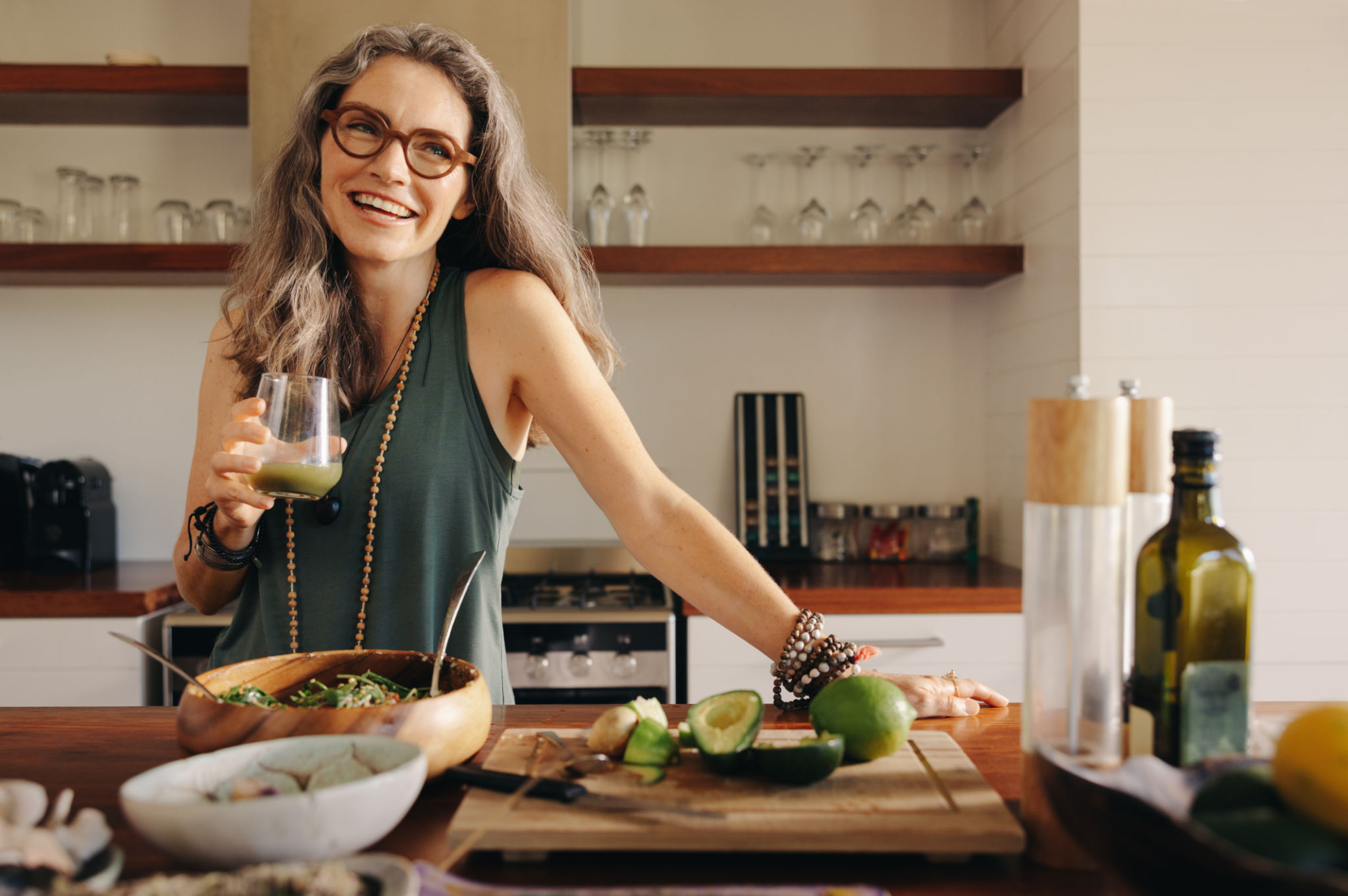The Rise of Zero-Oil Cooking Trends in the UK: A Healthier Dining Experience
Introduction to Zero-Oil Cooking
In recent years, the UK has witnessed a culinary revolution with the rise of zero-oil cooking trends. As health-conscious dining becomes more prevalent, people are exploring innovative cooking methods that eliminate or drastically reduce oil usage. This movement not only caters to health enthusiasts but also appeals to those seeking a more sustainable lifestyle.
The trend towards zero-oil cooking is fueled by the growing awareness of the harmful effects of excessive oil consumption. With the increased prevalence of lifestyle diseases such as obesity and cardiovascular issues, many individuals are keen to adopt healthier alternatives in their daily meals.

Benefits of Zero-Oil Cooking
Switching to zero-oil cooking comes with numerous health benefits. By eliminating oils, you can significantly reduce calorie intake, which supports weight management and helps in maintaining a healthy heart. Additionally, zero-oil meals are often rich in vitamins and minerals as they rely heavily on fresh vegetables and whole grains.
Moreover, zero-oil cooking methods preserve the natural flavors and textures of ingredients, offering a more authentic taste experience. This approach encourages the use of herbs and spices to enhance flavor, which can lead to a more diverse and satisfying palate.
Environmental Impact
Apart from health benefits, zero-oil cooking also has a positive impact on the environment. Reducing oil usage means lowering the demand for oil production, which is often linked with deforestation and environmental degradation. By embracing this trend, individuals contribute to a more sustainable food system.

Techniques for Zero-Oil Cooking
There are several techniques that make zero-oil cooking both feasible and enjoyable. Steaming is a popular method that retains nutrients while providing a soft texture to vegetables and fish. Baking and roasting are other methods that add depth of flavor without the need for oil.
- Grilling: This method allows natural fats in ingredients to be enough for cooking, providing a smoky flavor.
- Sautéing with broth: Instead of oil, use vegetable or chicken broth to add moisture and flavor.
- Using non-stick cookware: This minimizes the need for oil when frying or searing.
Tools and Ingredients
To make the transition to zero-oil cooking smoother, investing in quality non-stick pans is essential. Additionally, having a variety of herbs and spices on hand can transform any dish into a flavorful masterpiece without relying on oil.

Zero-Oil Recipes
As the trend gains momentum, many chefs and home cooks are sharing their favorite zero-oil recipes. Dishes like oil-free curries, baked vegetable medleys, and grilled seafood have become popular choices for those pursuing healthier eating habits.
These recipes often emphasize fresh produce and lean proteins, ensuring that meals are not only nutritious but also satisfying. The focus is on creating balanced dishes that deliver on both taste and nutritional value.
Adopting Zero-Oil Cooking at Home
If you’re interested in trying zero-oil cooking, start by incorporating it into one meal per day. Gradually explore different recipes and techniques until you find what suits your palate. Remember, the key is to experiment and enjoy the process of discovering new flavors and textures.

Conclusion
The rise of zero-oil cooking trends in the UK symbolizes a shift towards healthier, more sustainable dining experiences. By embracing this approach, individuals not only improve their well-being but also contribute positively to the environment. As this trend continues to grow, it promises a future where delicious meals are synonymous with health and sustainability.
